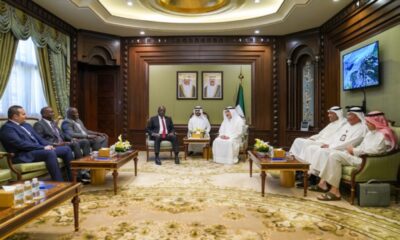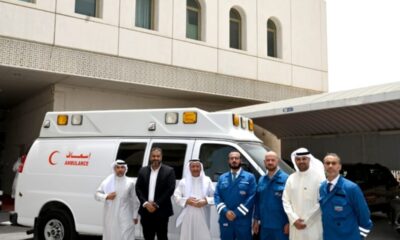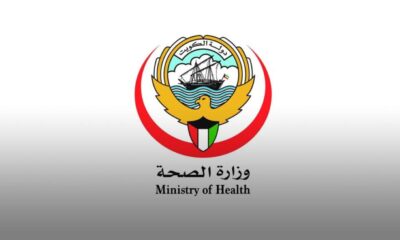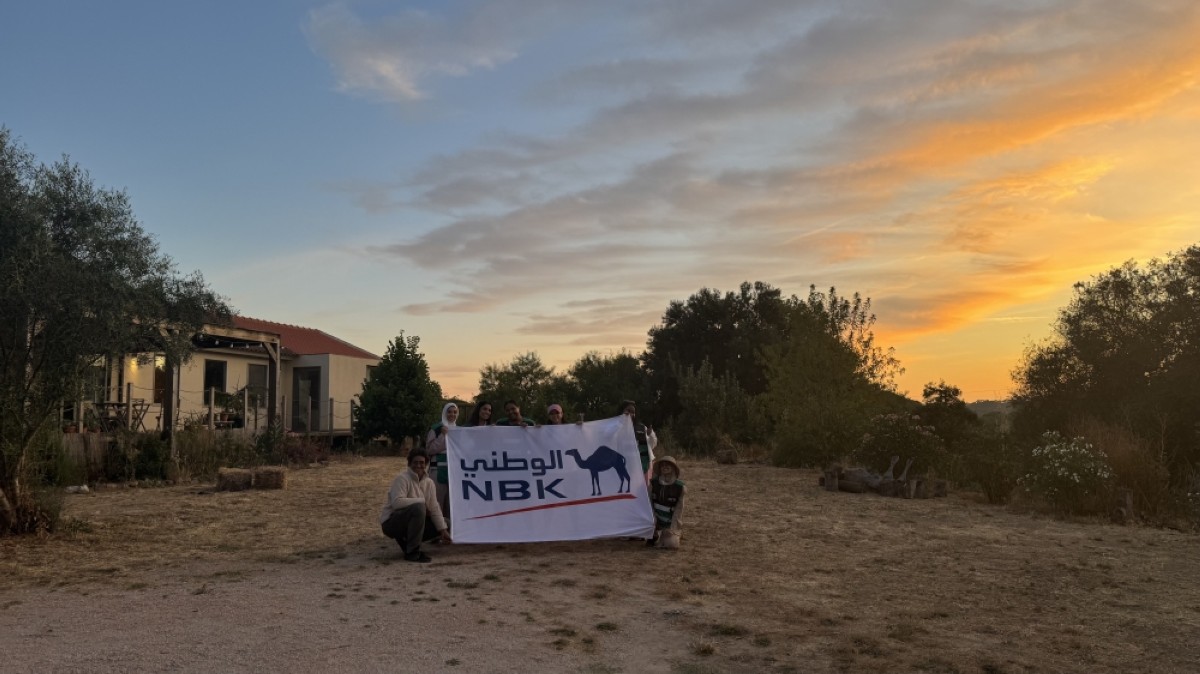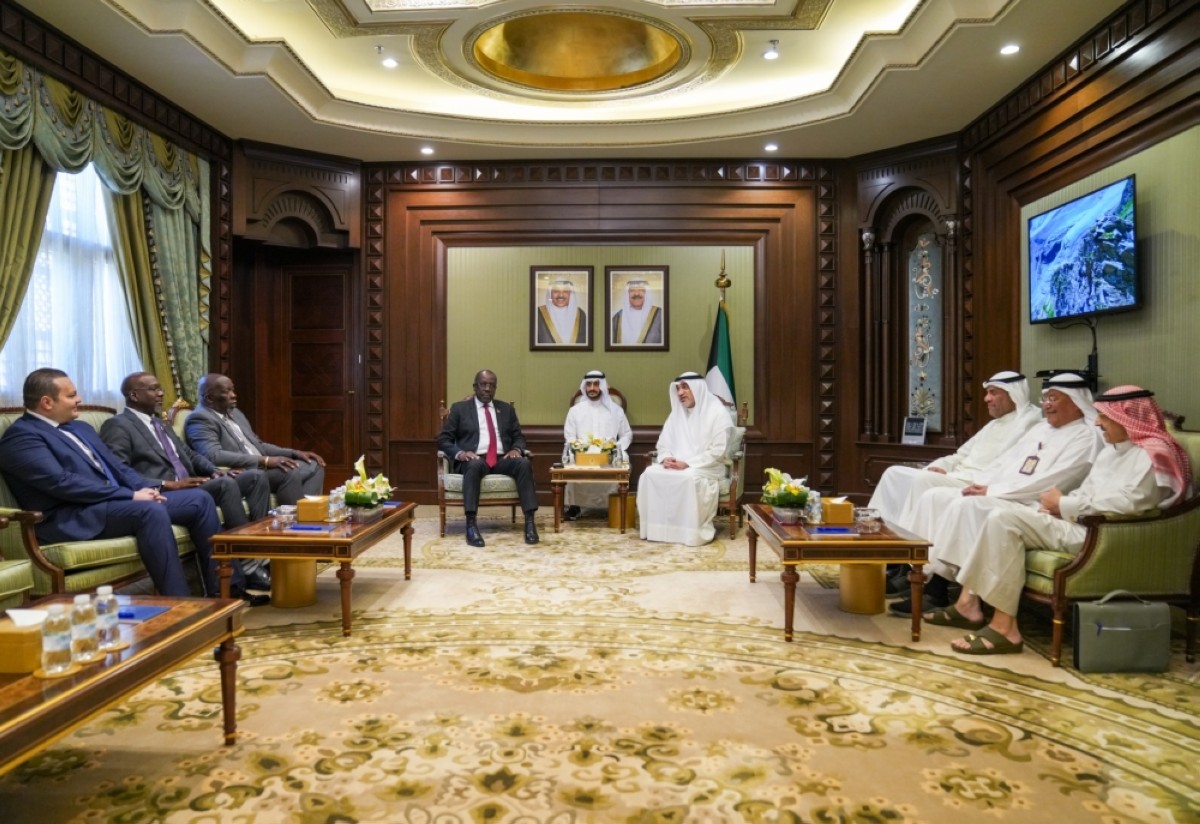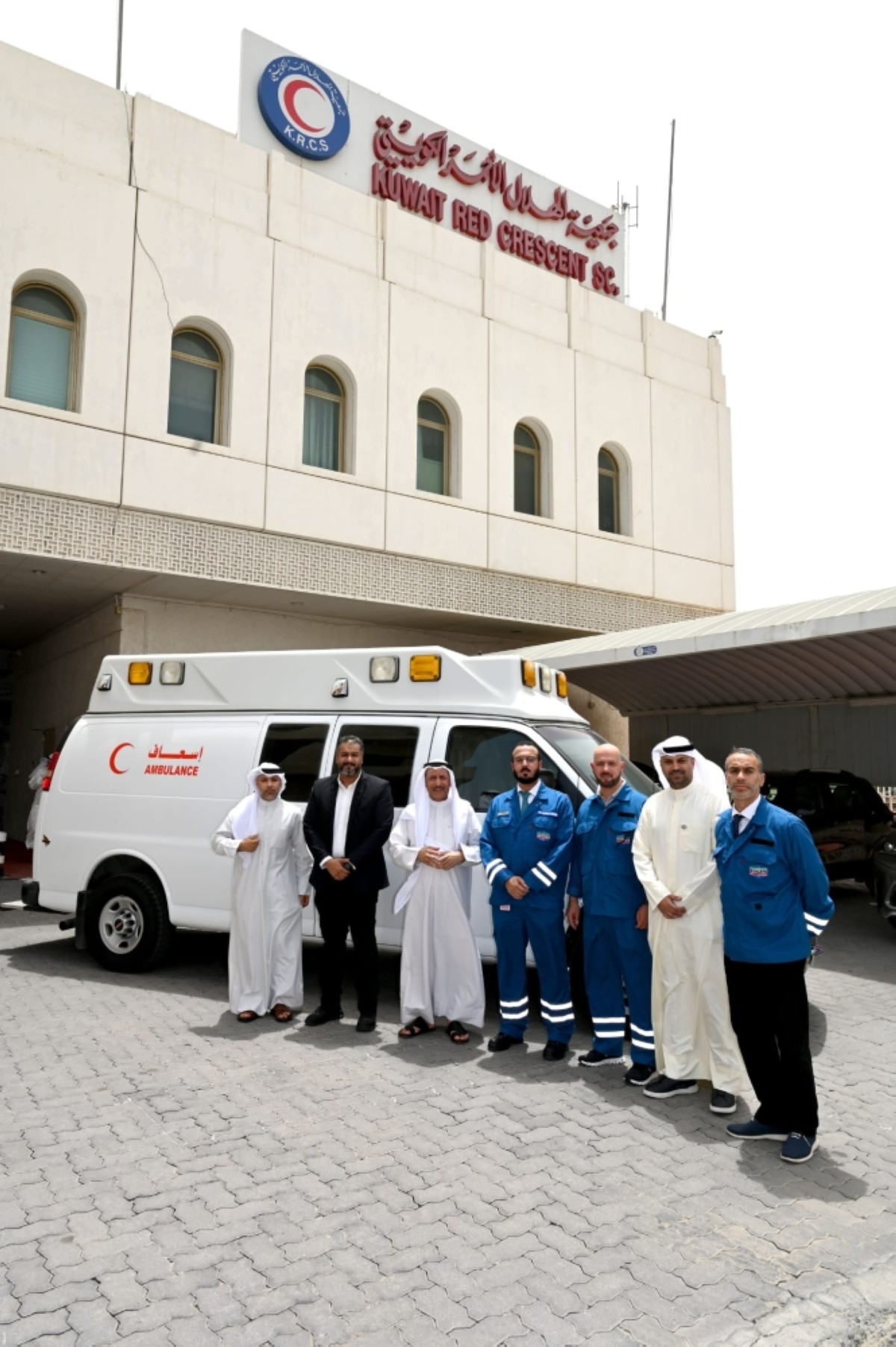KUWAIT: Kuwait and Egypt have agreed to strengthen their economic, commercial, and investment ties, reaffirming their historic and strategic partnership. The announcement was made in a joint statement issued Tuesday following the official visit of Egyptian President Abdel Fattah Al-Sisi to Kuwait from April 14-15, in response to an invitation extended by His Highness the Amir Sheikh Meshal Al-Ahmad Al-Jaber Al-Sabah.
During the visit, His Highness the Amir held official talks with President Al-Sisi, preceded by an expanded session attended by senior officials from both sides. Discussions focused on bilateral cooperation across multiple sectors, with both leaders expressing mutual appreciation for the enduring ties between their nations.
The joint statement highlighted Kuwait’s commitment to expanding investments in Egypt, particularly in energy, agriculture, industry, information technology, real estate, banking and pharmaceuticals. Both countries expressed their keenness to further enhance cooperation in infrastructure, healthcare, education, culture, and tourism, while praising the progress achieved in these fields.
The Egyptian side lauded Kuwait’s ongoing development in line with the country’s Vision 2035, while Kuwait praised Egypt’s transformative reforms under President Al-Sisi’s leadership and his efforts to improve the investment climate in accordance with Egypt’s Vision 2030. His Highness the Amir also welcomed preparations for the upcoming Gulf-Egypt Investment Forum in Cairo and affirmed Kuwait’s active participation in the event.
The two leaders commended their countries’ coordination in international forums, with Kuwait reiterating its support for Egypt’s nomination of Dr Khaled El-Anani for the post of Director-General of UNESCO (2025-2029). They stressed the importance of regional dialogue and diplomacy to maintain peace and promote coexistence in the Middle East, in accordance with the principles of sovereignty, non-interference, and respect for international law.
President Al-Sisi commended Kuwait’s role in promoting regional stability, particularly during its current presidency of the Gulf Cooperation Council (GCC). Both leaders welcomed the strengthened ties between Egypt and GCC member states, and expressed commitment to ongoing political consultations, including the recent meeting held in Makkah on March 6, 2025. His Highness the Amir praised Egypt’s successful hosting of the exceptional Arab Summit on March 4, 2025 and reaffirmed Kuwait’s support for the joint Arab-Muslim initiative to aid Gaza’s recovery and reconstruction. Both sides categorically rejected any attempts to displace Palestinians and stressed the need for a lasting ceasefire in Gaza.
They condemned ongoing violations by Zionist occupation forces and called for the full implementation of UN Security Council Resolution 2720, which mandates the provision of sustainable humanitarian aid to Palestinians. The leaders warned of the grave humanitarian consequences of continued military aggression and reiterated their call for a two-state solution based on the June 4, 1967 borders, with East Jerusalem as the capital of a sovereign Palestinian state.
On Syria, both sides reiterated the need for a political transition aligned with UN Security Council Resolution 2254. They emphasized the importance of preserving Syria’s sovereignty, combating terrorism in all forms, and rejecting foreign interference. They denounced Zionist violations of Syrian sovereignty and urged respect for the 1974 Agreement on Disengagement. Regarding Lebanon, both leaders welcomed the election of a new president and the formation of a government, which they described as pivotal for advancing national institutions and political stability.
On Sudan, Kuwait and Egypt expressed deep concern over the ongoing conflict and called for an immediate ceasefire, unimpeded humanitarian access, and the protection of civilians. Both sides backed regional and international initiatives, particularly those led by neighboring countries and the Jeddah Forum, aimed at resolving the crisis. They reaffirmed their support for Sudan’s unity and sovereignty and expressed concern over the displacement of more than 13 million Sudanese citizens. Kuwait commended Egypt’s efforts to restore stability in Sudan.
On Libya, both nations stressed the importance of preserving the country’s unity and territorial integrity. They called for the withdrawal of foreign forces and militias, and emphasized the need for unifying military and security institutions under a legitimate executive authority. The two sides also voiced support for UN-led efforts to hold presidential and parliamentary elections. Kuwait reiterated its full support for Egypt’s water security, viewing it as an integral component of Arab water security. It rejected any actions that could infringe upon Egypt’s rights to Nile waters and called for cooperation among riparian states to safeguard the interests of both Egypt and Sudan.
Regarding Yemen, Kuwait and Egypt reaffirmed their support for the internationally recognized government led by the Presidential Leadership Council, and endorsed a peaceful resolution based on the Gulf Initiative, the National Dialogue Conference outcomes, and UN Security Council Resolution 2216. They welcomed mediation efforts by Saudi Arabia and Oman and emphasized the importance of securing maritime navigation in the Red Sea.
Both sides called for completing the demarcation of maritime borders between Kuwait and Iraq beyond Marker 162, in accordance with international law and UN Security Council Resolution 833. They reiterated the need to uphold the 2012 Khor Abdullah Agreement and related protocols, while urging Iraq to fully cooperate in resolving outstanding humanitarian issues, including Kuwaiti prisoners and missing persons.
Kuwait emphasized the need for continued Security Council oversight and called for the appointment of a high-level UN coordinator to monitor progress on these files. Egypt expressed its support for Kuwait’s position and stressed the importance of resolving these matters in a spirit of brotherhood and mutual respect. The two sides reaffirmed that the Dorra gas field lies entirely within Kuwaiti and Saudi maritime territories and rejected any competing claims from third parties. At the conclusion of the visit, President Al-Sisi extended his deep appreciation to His Highness the Amir for the warm hospitality extended to him and his delegation, expressing hope for continued cooperation and prosperity between the two nations.- KUNA
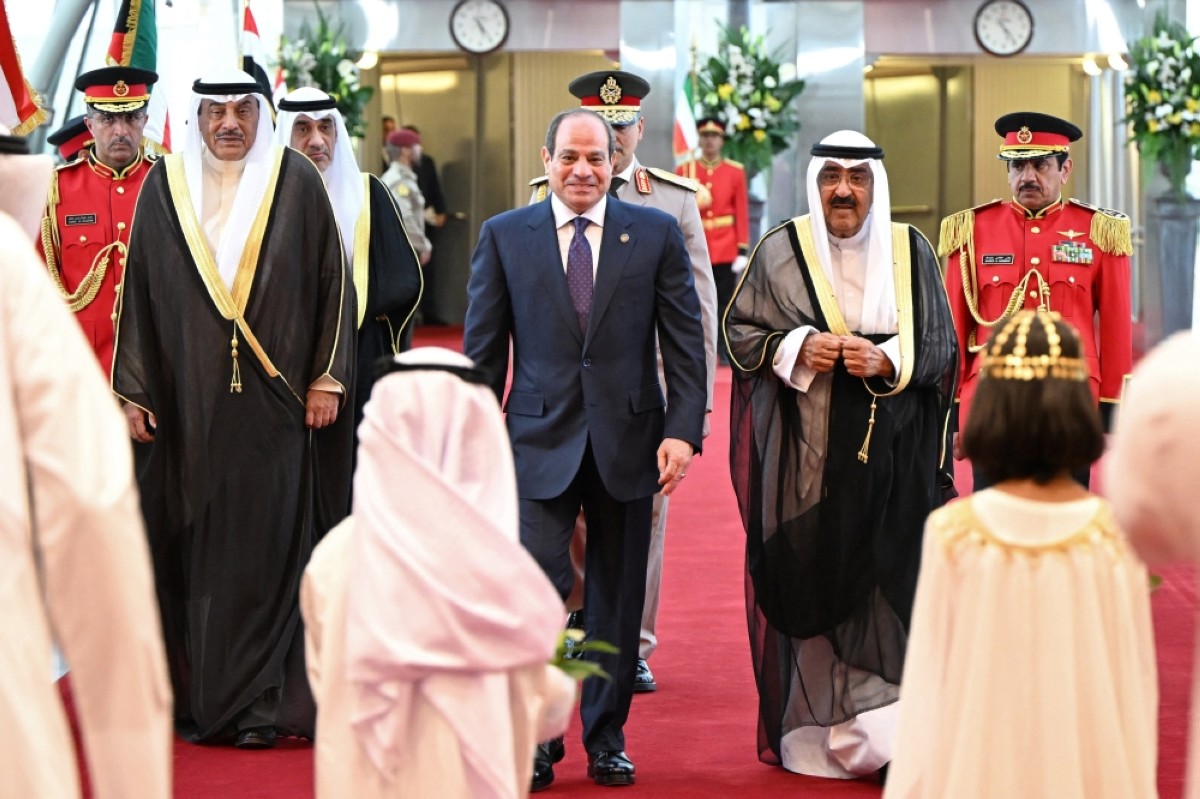

 Latest News23 hours ago
Latest News23 hours ago
 Latest News22 hours ago
Latest News22 hours ago
 Business15 hours ago
Business15 hours ago
 Latest News21 hours ago
Latest News21 hours ago
 Politics16 hours ago
Politics16 hours ago
 Politics5 hours ago
Politics5 hours ago
 Latest News13 hours ago
Latest News13 hours ago
 Latest News15 hours ago
Latest News15 hours ago
